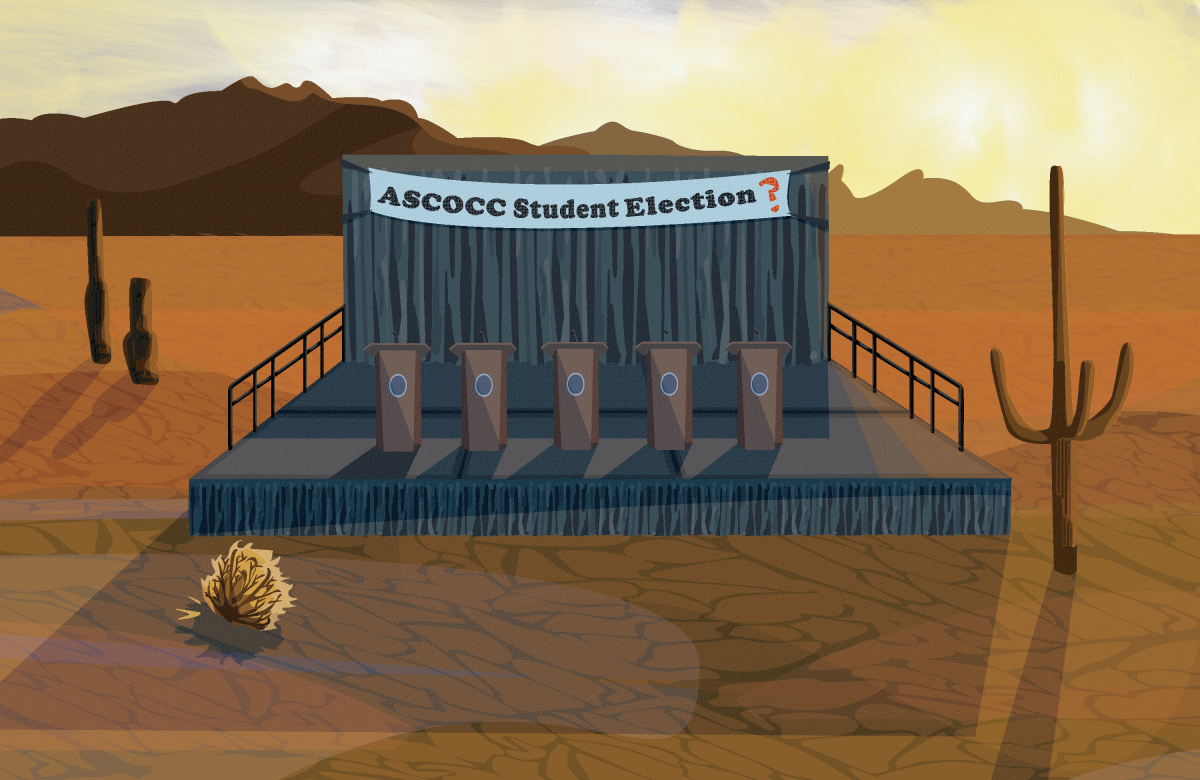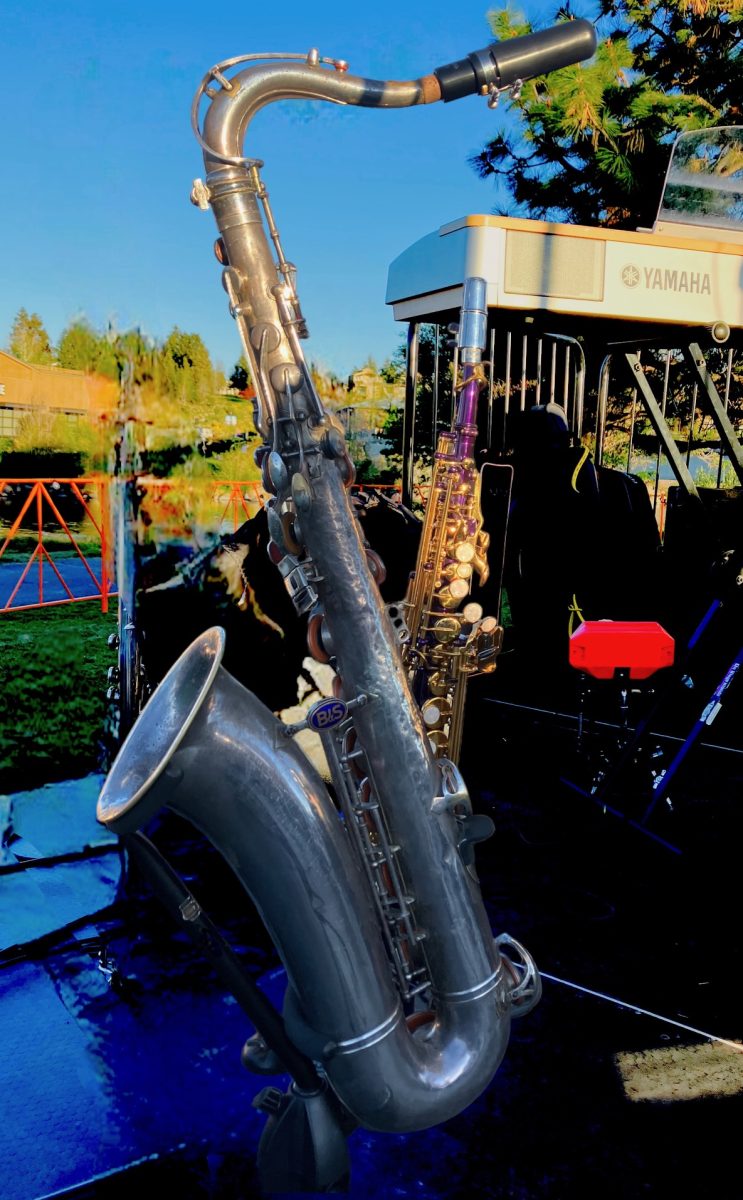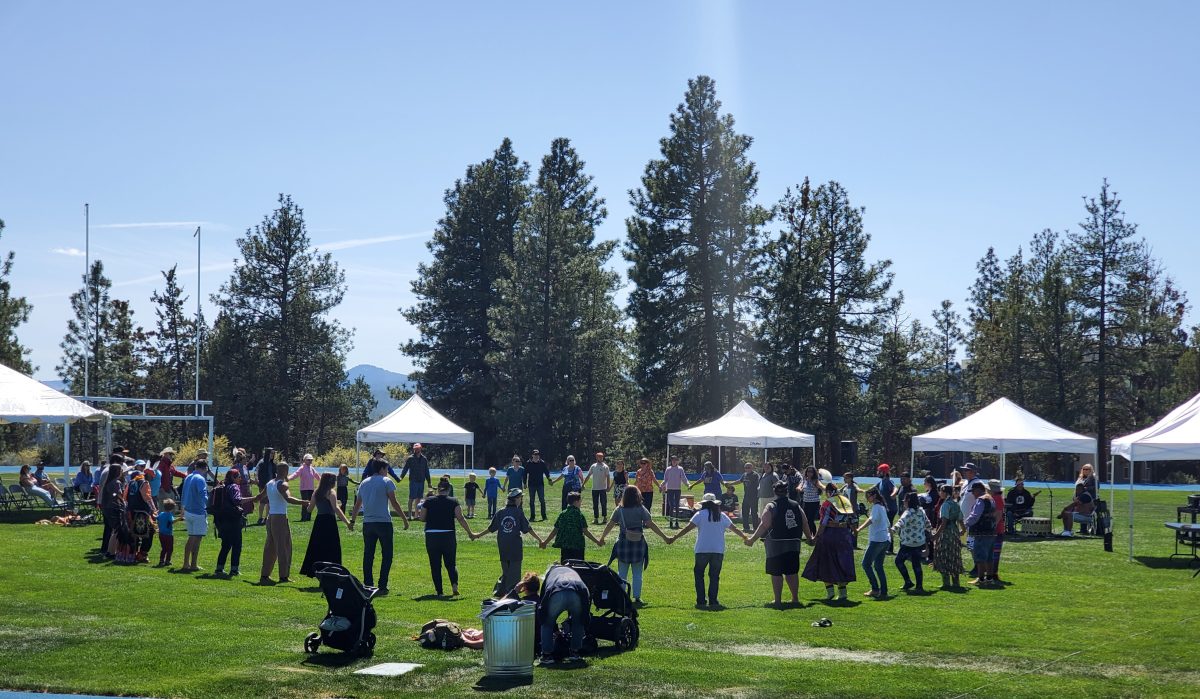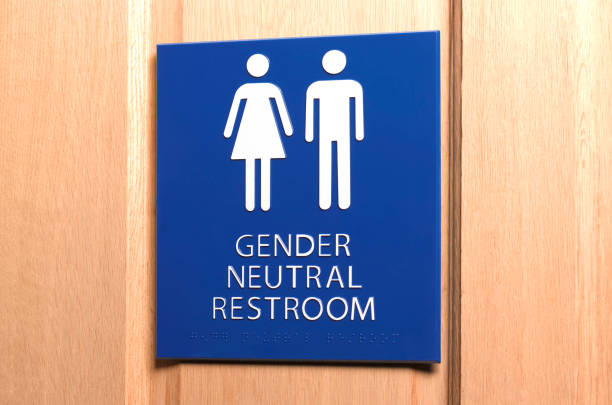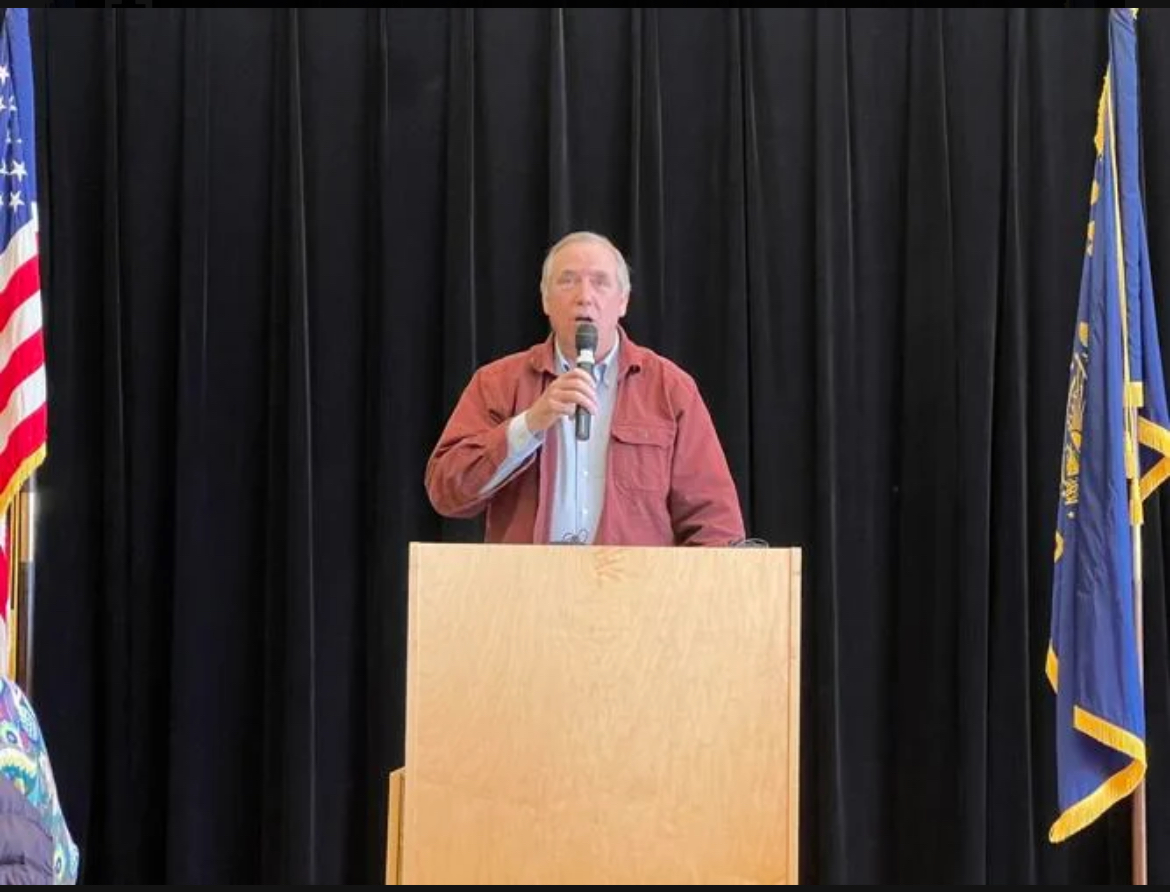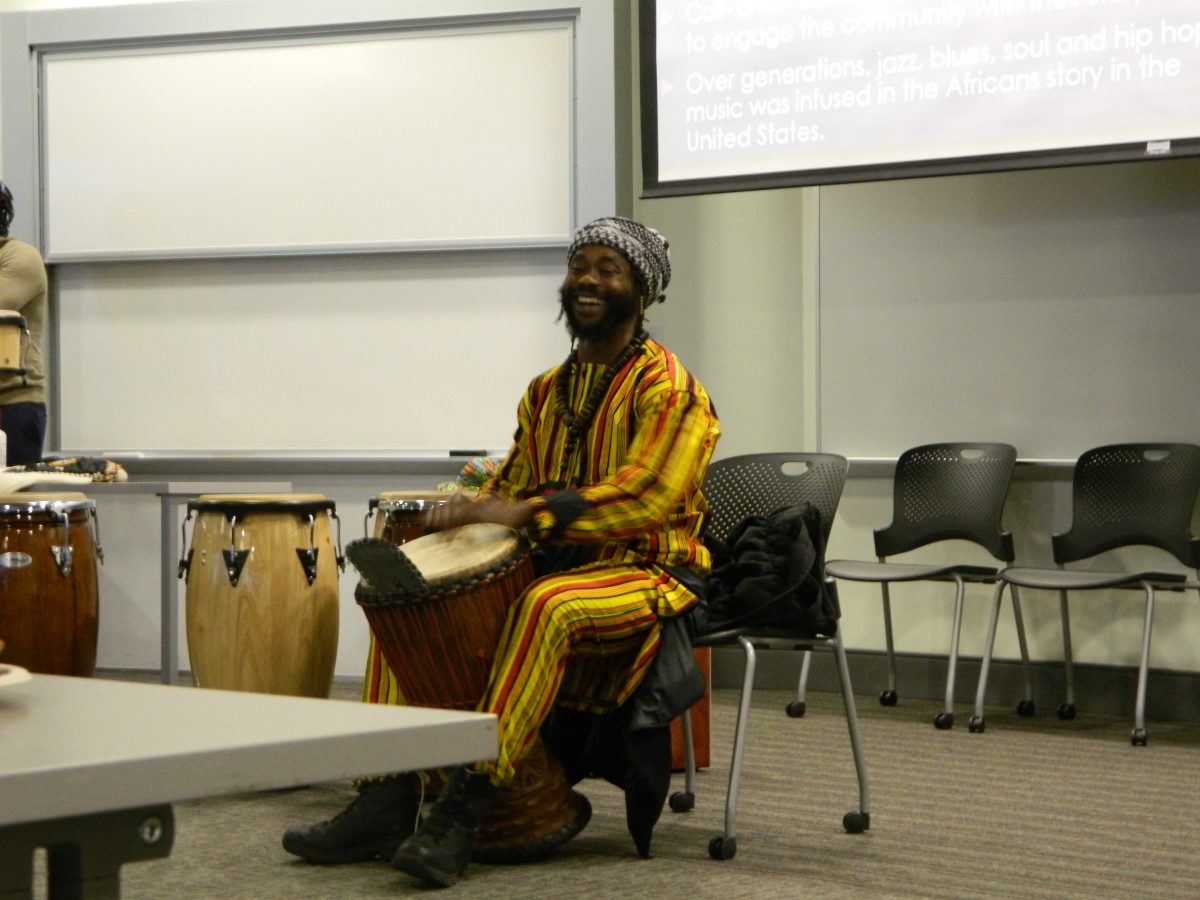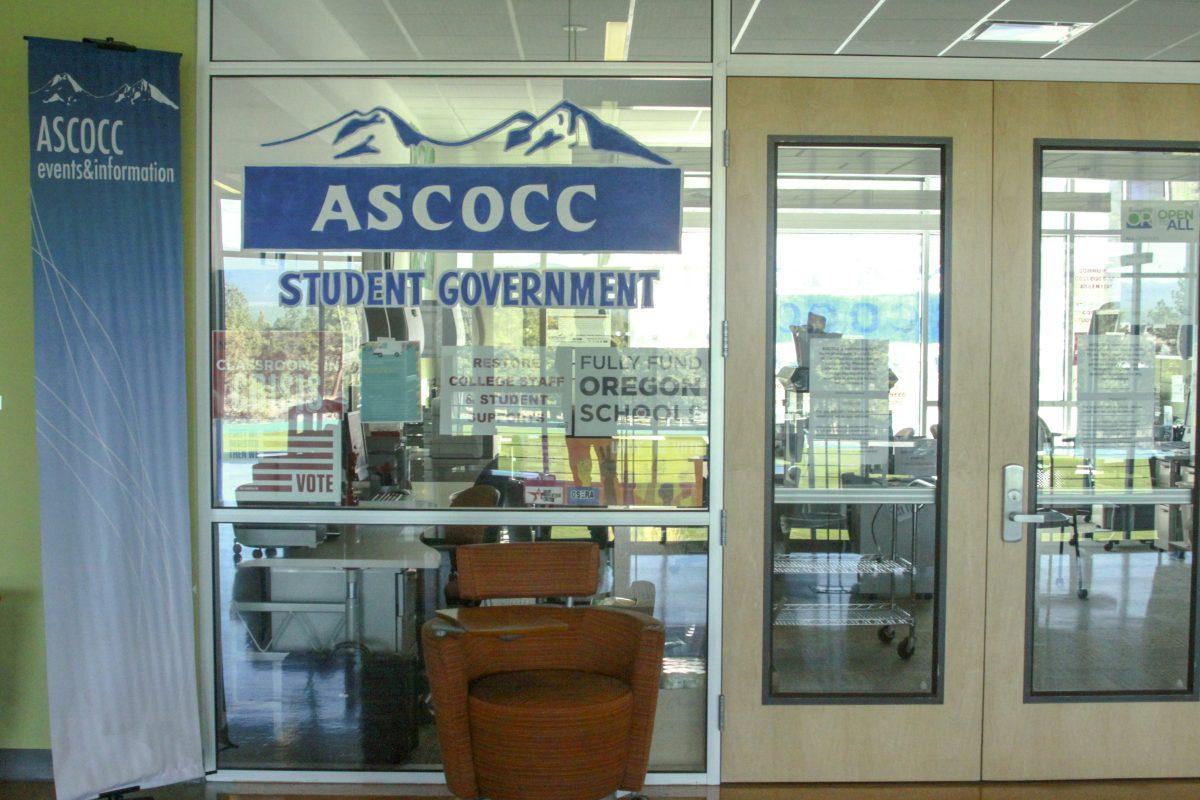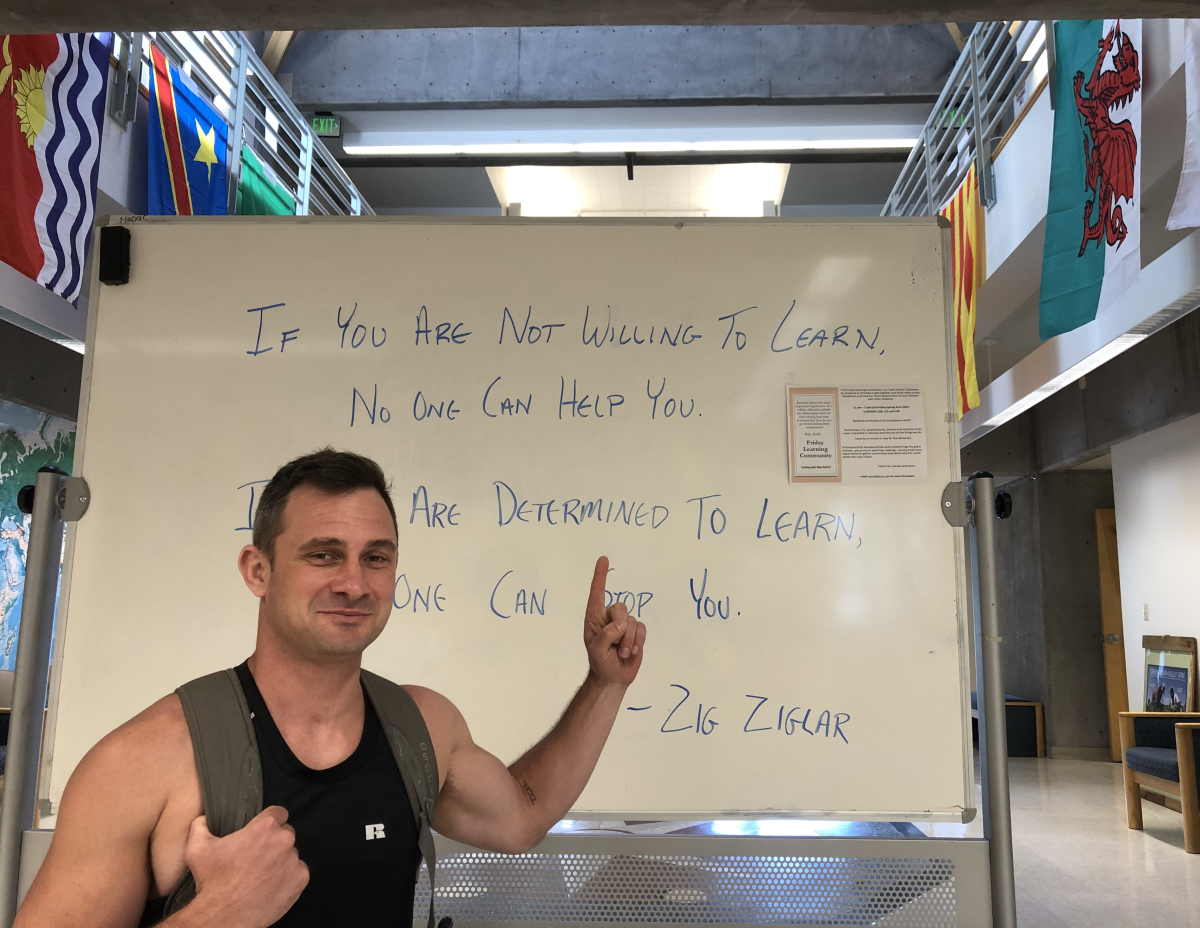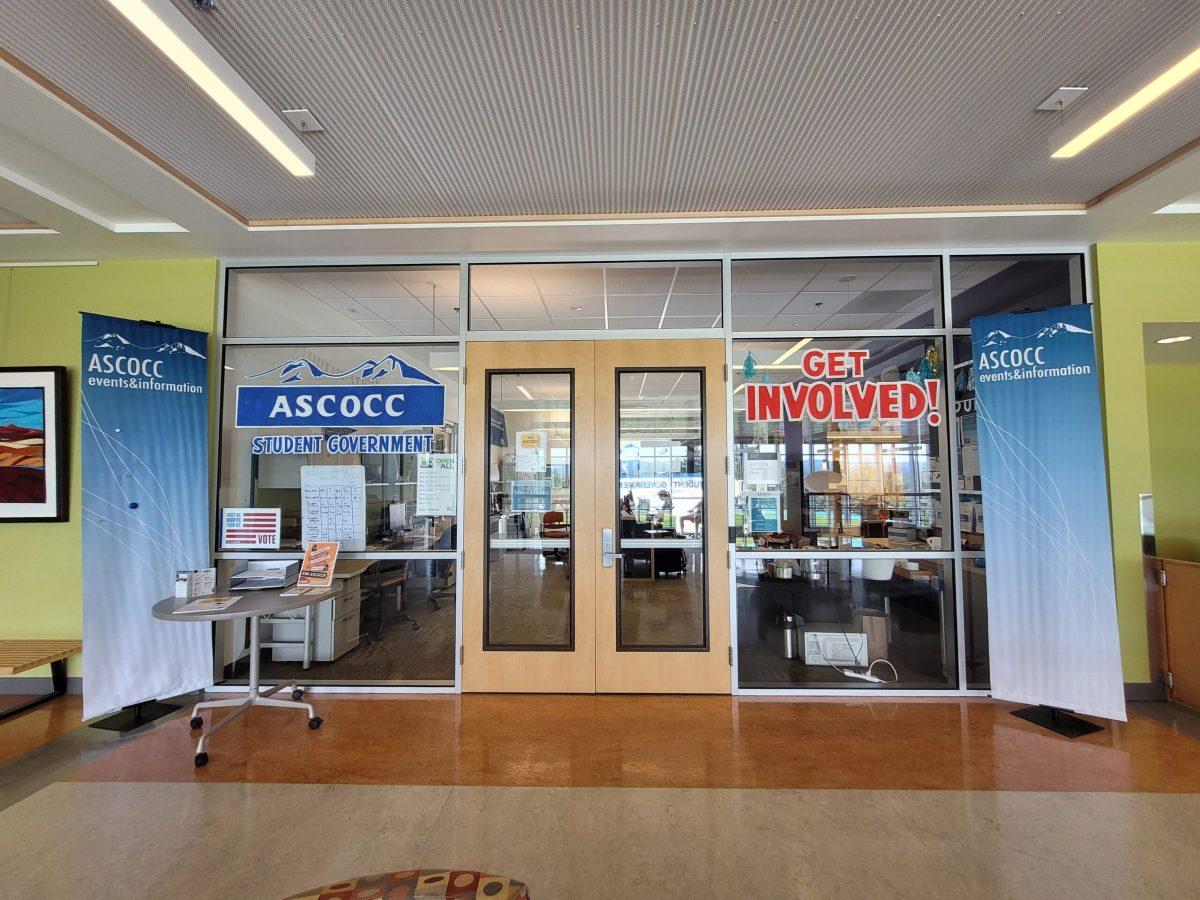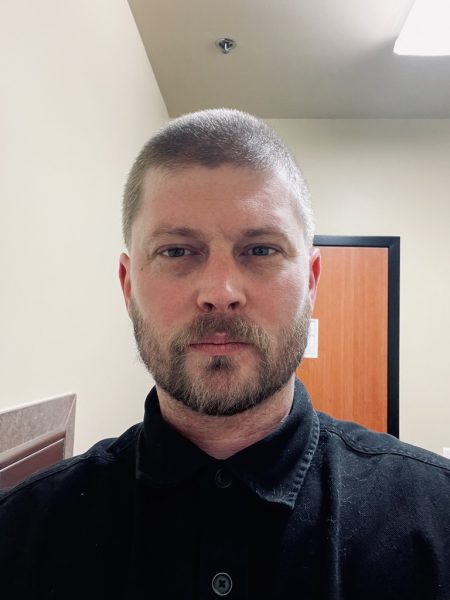The House of Representatives passed resolution 894 on Tuesday, Dec. 5, formally equating anti-Zionism to antisemitism, in what some are calling a “dangerous” move in the ongoing conversation surrounding the Israeli-Palestinian war.
The Republican-led resolution passed with 311 representatives voting yay and 14 voting nay.
13 of the “nay” votes came from Democrats, with one vote coming from Republican Representative Thomas Massie (R-KY).
92 democrats abstained on the matter by voting “present.”
Of the 92 “present” votes, 26 were from Jewish democratic representatives.
The resolution “calls on elected officials and world leaders to condemn and fight all forms of domestic and global antisemitism.”
The resolution is seeing controversy as some believe it to be a hollow gesture or a distraction from the “bigger picture;” one that can take away from the very real instances of antisemitism that have been occurring in the US and around the world.
Others say it ignores varying beliefs amongst the Jewish community, of which some are anti-Zionist themselves, and fear that it can lead to a restriction of speech or thought on the matter.
Representative Jerry Nadler (D-NY), the most senior Jewish member of the House, said of the resolution, “more problematically, the resolution suggests that ALL anti-Zionism is antisemitism. That is either intellectually disingenuous or just factually wrong. And it unfairly implicates many of my orthodox former constituents in Brooklyn, many of whose families rose from the ashes of the Holocaust.”
“While most anti-Zionism is indeed antisemitic,” he continued, “the authors, if they were at all familiar with Jewish history and culture, should know about Jewish anti-Zionism that was, and is, expressly NOT antisemitic. This resolution ignores the fact that even today, certain orthodox Hasidic Jewish communities—the Satmars in New York and others—as well as adherents of the pre-state Jewish labor movement have held views that are at odds with the modern Zionist conception.”
“Again, let me be unequivocally clear: most anti-Zionism, particularly in this moment, has a real antisemitism problem. But we cannot fairly say that one equals the other,” Nadler added.
As college campuses around the US grapple with ongoing confrontation between supporters of Israel and supporters of Palestine, one must wonder how this can impact discussion and discourse here at COCC?
To newly enrolled student Samuel Whitehurst, the resolution could lead down a dark road.
“I think it’s dangerous, it kinda opens a door for freedom of speech to be tramped down,” Whitehurst said, while protesting for Palestine in downtown Bend.
“I also think it’s not just a hollow gesture,” he added.
“If you look at any of the debates many of the republican nominees have been having over the last few weeks, the language that’s been used in that, talking about how if you’re a foreign student and you protest for Palestine you’ll be stripped of your visa, you’ll be deported and stuff like that, that is tangible action that is happening to suppress speech, it’s not just a resolution being passed but an actual thing that can happen; that’s dangerous,” he said.
“I don’t personally agree,” said COCC’s Assistant Professor of History, Jessica Hammerman, regarding the statement that antisemitism is anti-Zionism.
Hammerman had recently hosted a discussion about the history of the conflict currently erupting in the Middle East.
“I think that mixing those two together is silencing people,” she said.
“It also weakens the cases against antisemitism,” Hammerman added.
“To equate Zionists and Judaism is also a problem, because it’s possible, and many evangelicals, many right-wingers, a lot of republicans in congress right now, are embracing Zionism, as a way to defend Israel, defend the party line, to express their Islamophobia; there’s a lot of reasons why they are, but it’s being instrumentalized,” Hammerman said.
“I think the most dangerous thing is that it does weaken people’s discernment, to be able to discern what is antisemitic, from what is legitimate criticism of a military state,” she continued.
“It’s not a law, it’s a statement,” said COCC’s Professor of Political Science, Judith Steigler, as a reminder when thinking about the resolution.
“What this does is create an even more, sort of stressful, strenuous, or even hotter button issue, by equating the two,” she said.
“You’ve had people historically, even within the Jewish community, that were not pro-Zionist,” Steigler continued.
“I think putting those two together in that resolution, I think it just complicated and took focus off what the real core of the issue is, which is a hate for Jewish people,” she said, adding that she believes politicians are “politicizing this for ulterior purposes.”
When it comes to discussion or lecture in the classroom, students shouldn’t be worried just yet.
For Hammerman, the new resolution doesn’t pose any issue with the way she will continue to discuss the topic with her students. “What’s gonna change the way I teach is the current war, the current conflict and the current energy en masse that’s being put into it,” Hammerman said.
For Steigler, “this is purely a political tool that’s being utilized, so number one, it’s not gonna be any kind of law that’s going to be passed,” she said.
“You’ve already got the issues of free speech that are coming up, and where’s the line that you cross?” she posed.
“I would encourage people to think before they speak,” Steigler said, but to remember, “just because you question aspects of Israel’s actions doesn’t mean you’re anti-Zionist or antisemitic.”
COCC’s Director of Marketing and Public Relations, Jenn Kovitz, said in an email, “The College will not be making a statement on the new Congressional resolution. Our policies for students, faculty, and staff remain the same. Those policies are available online in our General Policy Manual and in students’ individual course syllabi. COCC also continues to adhere to our Principles of Community.”




